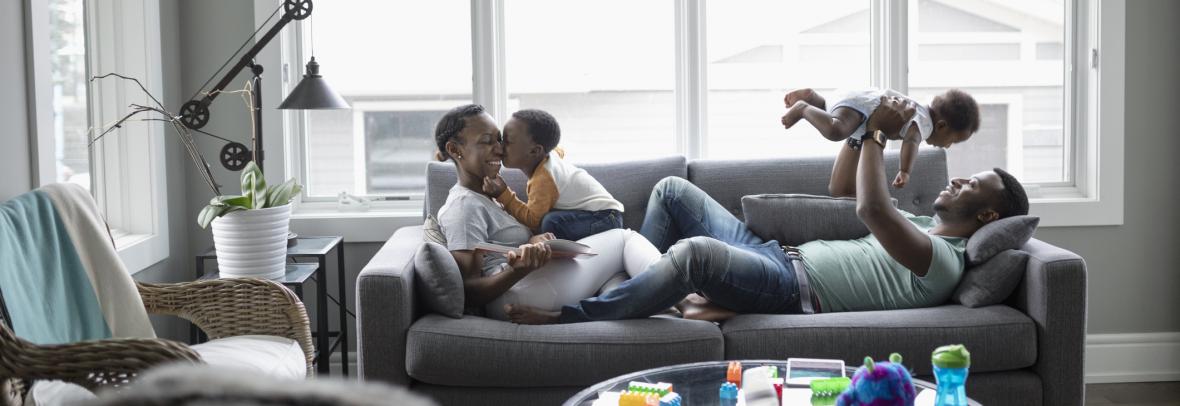
HUD Says Landlord Discriminated by Seeming to Care
It charged a New Orleans landlord with familial status discrimination. She avoided kids by worrying “they might run into the parking lot because there’s no backyard.”
WASHINGTON – The U.S. Department of Housing and Urban Development (HUD) charged N. Clark, LLC and Kathleen Cresson, owner and manager of a multi-family rental home in New Orleans, Louisiana, with discriminating against potential tenants based on race and familial status.
However, the alleged familial discrimination wasn’t always obvious, many times shaded in language that seemingly showed concern for young children so Cresson could keep parents from renting a first-floor apartment.
According to HUD, Cresson screened potential tenants by allowing their calls to go to voicemail. She then failed to negotiate the rental amount with Black testers but did negotiate the amount with white testers.
As to familial status, Cresson allegedly steered testers with children away from the property by repeatedly highlighting aspects of the property that, she claimed, made it unsuitable for families. She also sometimes made discriminatory statements indicating a preference for renters without children.
In one interaction with testers recorded by HUD, Cresson said, “I don’t know if you’ve seen the place. It has no backyard, (it’s) surrounded by a parking lot.” And, “So that’s the only thing I’m concerned about for a 2-year-old. Would he run out the door and then somebody … you know … if I were a parent I’d want like a yard and stuff.”
“The Fair Housing Act of 1968 was specifically designed to combat racial discrimination in housing. A person’s race or the fact there are children in the household should not be barriers when trying to rent,” says HUD Principal Deputy Assistant Secretary for Fair Housing and Equal Opportunity Demetria L. McCain. “Today’s charge demonstrates HUD’s ongoing commitment to ensuring enforcement of the Fair Housing Act when housing providers fail to comply.”
HUD says a United States Administrative Law Judge will hear HUD’s charge unless one party elects to have the case heard in federal district court. If the judge finds discrimination has occurred, they may award damages to the fair housing organization. The judge may also order injunctive relief and other equitable relief to deter further discrimination, as well as payment of attorney fees. The judge may also impose civil penalties.
© 2023 Florida Realtors®
